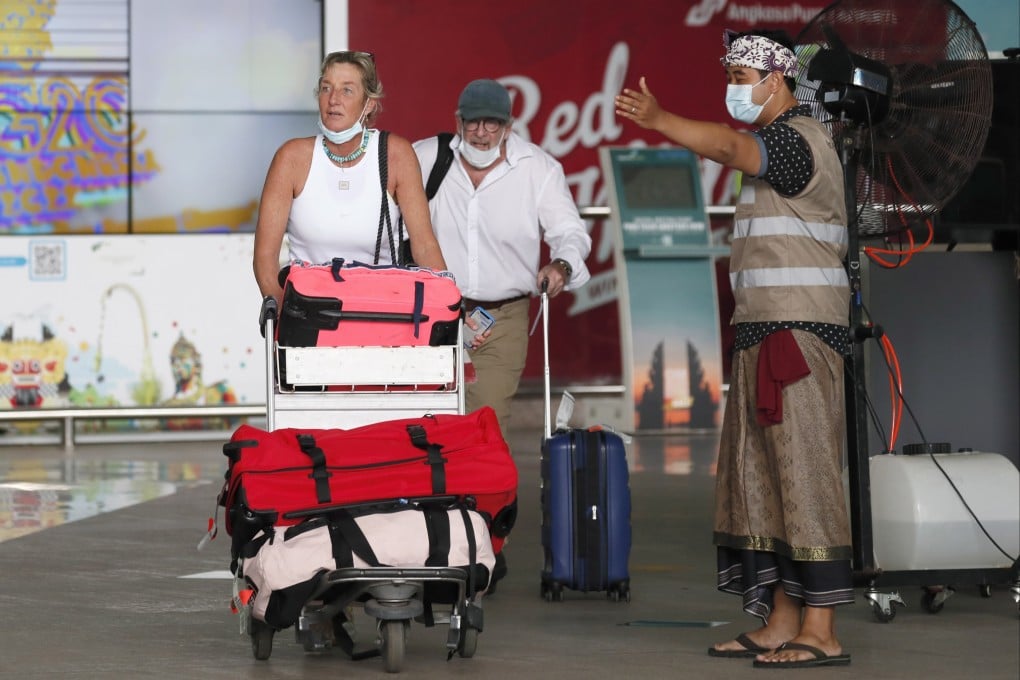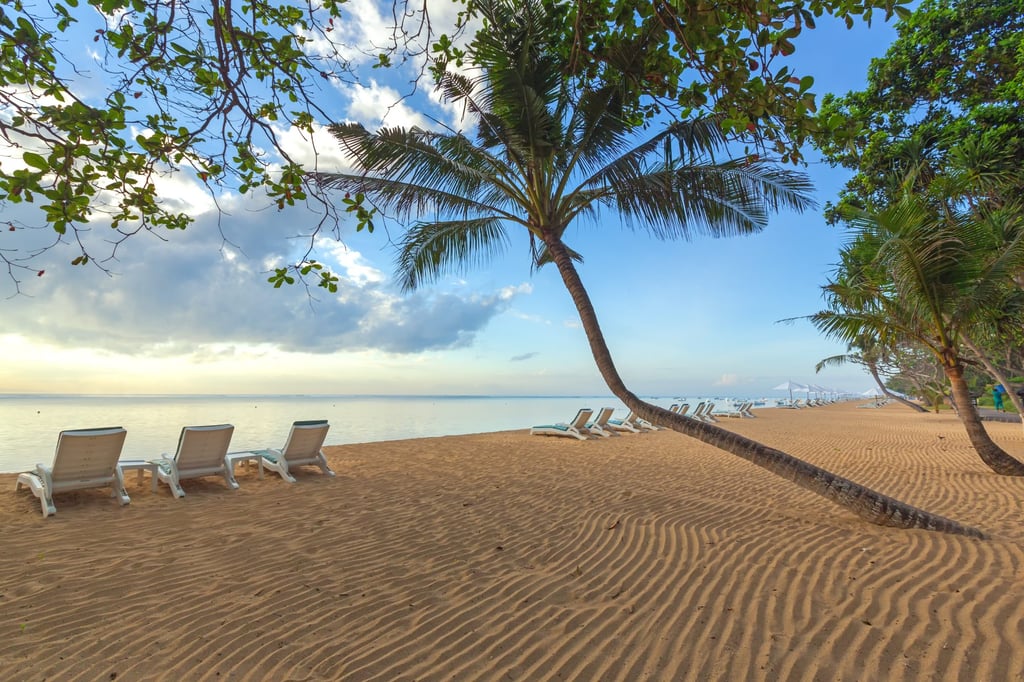‘The magic’s still alive’: Bali welcomes back mass tourism to the hippy haven of Indonesia
- For decades, Bali has captured the imagination of international tourists who see it as a tropical paradise – but barely 50 were able to visit the island last year
- The absence of millions of foreigners each year badly bruised the island’s economy, and left locals and residents alike anxiously awaiting their return

For decades, Bali has captured the imagination of international tourists who see it as a tropical paradise. Many have developed deep, genuine connections to the island, and these are the people who are likely to return first, said Ubud-based entrepreneur and long-time Bali resident Janet DeNeefe.

“The second the border opens, it’ll be the people who really, really miss Bali and who really want to come back [who return first]. Maybe they’re my age and older who are not necessarily working any more or retired. They’re more flexible in their plans,” she said.
DeNeefe said that once tourists returned in full force, they would soon rediscover what has drawn people to the island for decades. She first visited Bali in 1975 for a 10-day family holiday in the lush, leafy, laid-back town of Ubud, in the central part of the island, as her dad “had a bit of money and he wanted to take us on a special holiday”.